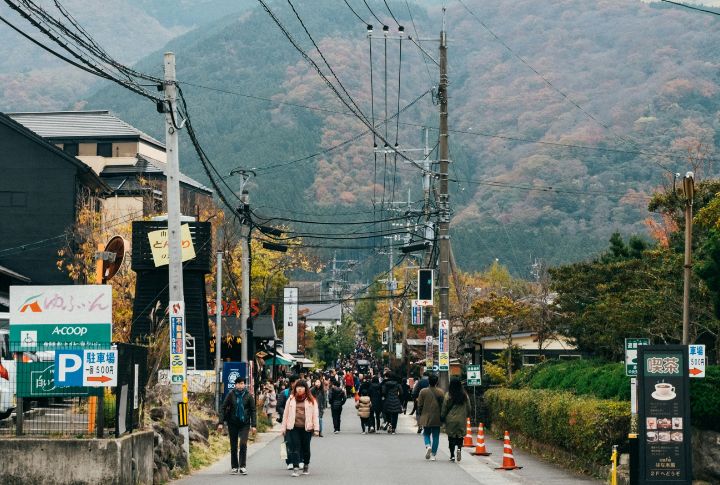
When people picture Japan, Tokyo’s neon avenues or Kyoto’s temple paths usually dominate the imagination. Yet a quieter story is unfolding far away from the rush. More Americans are turning to rural towns not for tourism, but for something much more practical: a way to live well for less.
The Allure Of Affordable Homes
That journey toward affordability begins with housing. In urban areas, the dream of owning a home often feels impossible. But in the countryside, empty akiya—houses abandoned by families who moved to cities—stand waiting. Some sell for the price of a secondhand car; others are practically given away.
Local governments encourage new residents with grants or subsidies. For Americans used to mortgages that stretch decades, the shift feels almost unbelievable: a home they can truly afford.
Food That Doesn’t Empty Your Wallet
Housing is just the start. Daily living costs tell the same story. Groceries in rural Japan come straight from local farmers, cutting out middlemen and trimming prices. Markets brim with seasonal produce, freshly picked and affordable. Neighbors also share harvest surpluses—bags of persimmons, sweet potatoes, or rice appear at your door simply because someone had too much.
For Americans used to rising grocery bills back home, that kind of community-driven abundance feels like a relief to the wallet.
Dining Out Without Guilt
Similarly, dining out in small-town Japan rarely drains the bank account. The countryside is dotted with family-run noodle shops and homestyle eateries where a hearty bowl of ramen might cost less than a fast-food meal in the U.S. There’s little pretense, but plenty of flavor.
Compared to the inflated restaurant prices in metropolitan areas, rural dining feels like a small luxury you can actually afford on a regular basis.
Transportation That Fits the Pace
Transportation is another hidden factor. In big cities, costs stack up—train passes, parking fees, or the occasional taxi ride. In rural Japan, life moves at a calm pace, and so do the expenses. Many families own a modest car, and gas prices—while not cheap—don’t carry the sting of American commutes that stretch for miles.
There’s no daily gridlock to waste fuel, and many smaller towns make it easy to get around without needing multiple vehicles.
Healthcare That Doesn’t Break You
Another idea gaining momentum is healthcare affordability. Japan’s national health insurance system offers coverage that feels dramatically less burdensome compared to the U.S. For Americans used to unpredictable medical bills, this shift is eye-opening. Rural clinics and hospitals are usually smaller, but they provide reliable care at costs that don’t send families spiraling into debt.
Pair that with a slower lifestyle that encourages better overall health, and you start to see why rural Japan holds so much appeal.
Working Remotely, Spending Locally
Another overlooked aspect is the work-life balance that emerges naturally in the countryside. Remote work has allowed more Americans to earn U.S.-based salaries while living abroad, and rural Japan has become part of this global trend. Earning in dollars while spending in yen—especially in places where yen stretches further—magnifies the savings.
Even for those working locally, jobs tied to tourism, teaching, or small businesses often come with enough income to comfortably cover reduced living costs.
Cheaper, Yet Richer
In the end, Americans aren’t just choosing the Japanese countryside because it’s cheaper, though that’s a big part of the story. They’re choosing it because “cheaper” in this context doesn’t mean compromise—it means freedom. Freedom to live without the crushing cost of urban housing, without inflated grocery bills, without the constant demand to buy and upgrade. Freedom to redirect resources toward experiences, family, or simply peace of mind.
And so, in a world where affordability feels increasingly rare, the rolling hills and quiet villages of Japan’s countryside are offering Americans something both surprising and simple: a reminder that cheaper living can also mean richer living.
